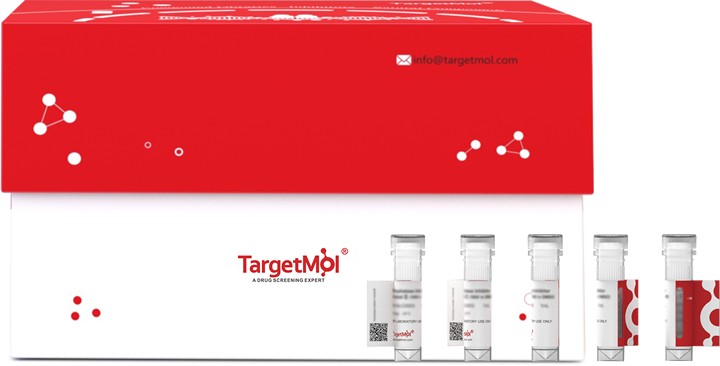Shopping Cart
Remove All Your shopping cart is currently empty
Your shopping cart is currently empty
EGF Protein, Rat, Recombinant (CHO) is expressed in CHO Cells. The accession number is P07522.

| Pack Size | Price | USA Warehouse | Global Warehouse | Quantity |
|---|---|---|---|---|
| 5 μg | $38 | 7-10 days | 7-10 days | |
| 10 μg | $57 | 7-10 days | 7-10 days | |
| 20 μg | $76 | 7-10 days | 7-10 days | |
| 50 μg | $113 | 7-10 days | 7-10 days | |
| 100 μg | $182 | 7-10 days | 7-10 days | |
| 200 μg | $298 | 7-10 days | 7-10 days | |
| 500 μg | $579 | 7-10 days | 7-10 days | |
| 1 mg | $962 | 7-10 days | 7-10 days |
| Biological Activity | ED 50 < 0.1 ng/ml, measured in a cell proliferation assay using 3T3 cells. |
| Description | EGF Protein, Rat, Recombinant (CHO) is expressed in CHO Cells. The accession number is P07522. |
| Species | Rat |
| Expression System | CHO Cells |
| Tag | Tag Free |
| Accession Number | P07522 |
| Synonyms | Urogastrone,URG,epidermal growth factor |
| Construction | Asn974-Arg1026 |
| Protein Purity | > 95% as determined by SDS-PAGE; > 95% as determined by HPLC |
| Molecular Weight | ~6 kDa (Reducing conditions) |
| Endotoxin | < 0.2 EU/μg of protein as determined by the LAL method. |
| Formulation | Lyophilized from a 0.2 μm filtered solution in PBS. |
| Reconstitution | Reconstitute the lyophilized protein in sterile deionized water. The product concentration should not be less than 100 μg/ml. Before opening, centrifuge the tube to collect powder at the bottom. After adding the reconstitution buffer, avoid vortexing or pipetting for mixing. |
| Stability & Storage | Upon receiving, this product remains stable for up to 6 months at lower than -70°C. Upon reconstitution, the product should be stable for up to 1 week at 4°C or up to 3 months at -20°C. For long term storage it is recommended that a carrier protein (example 0.1% BSA) be added. Avoid repeated freeze-thaw cycles. |
| Shipping | In general, Lyophilized powders are shipping with blue ice. Solutions are shipping with dry ice. |
| Research Background | Epidermal Growth Factor (EGF) is a potent growth factor that stimulates the proliferation of various epidermal and epithelial cells. Additionally, EGF has been shown to inhibit gastric secretion, and to be involved in wound healing. EGF signals through the EGF receptor (EGFR) also known as erbB1, is a class I tyrosine kinase receptor. This receptor also binds with TGF-α and VGF (vaccinia virus growth factor). EGF-receptor binding results in cellular proliferation, differentiation, and survival. EGF is a low-molecular-weight polypeptide first purified from the mouse submandibular gland, but since then found in many human tissues including submandibular gland, parotid gland. Salivary EGF, which seems also regulated by dietary inorganic iodine, also plays an important physiological role in the maintenance of oro-esophageal and gastric tissue integrity. The biological effects of salivary EGF include healing of oral and gastroesophageal ulcers, inhibition of gastric acid secretion, stimulation of DNA synthesis as well as mucosal protection from intraluminal injurious factors such as gastric acid, bile acids, pepsin, and trypsin and to physical, chemical and bacterial agents. |
| Size | Quantity | Unit Price | Amount | Operation |
|---|

Copyright © 2015-2026 TargetMol Chemicals Inc. All Rights Reserved.